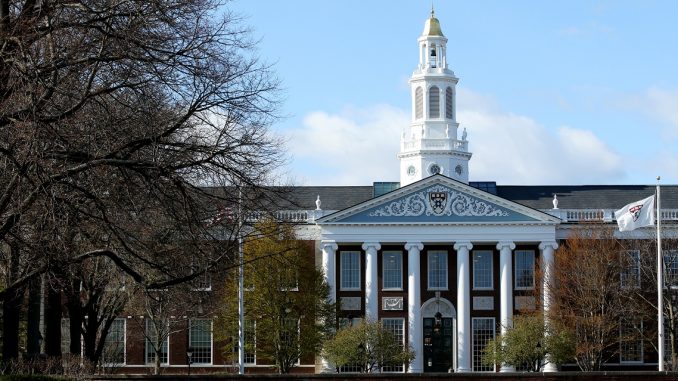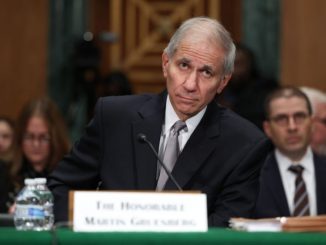

The U.S. Supreme Court will soon decide whether to take up a discrimination case brought against Harvard University over the Ivy League school’s “race-conscious” admission policy.
The case, Students for Fair Admissions v. Harvard, has been scheduled for discussion on June 10. If four or more justices vote to revisit the issue, then arguments will likely be heard in the fall.
The case was first raised in 2014 by advocacy group Students for Fair Admissions (SFFA), on behalf of a coalition of students who claimed to have been rejected from Harvard because of their Asian ancestry—a violation of Title VI, the federal law prohibiting racial discrimination in education programs that receive federal funding.
In February, three months after the First Circuit Court of Appeals sided with Harvard and upheld the university’s “race-conscious” admission practices, the SFFA filed a petition (pdf) to the Supreme Court, seeking to reignite the seven-year-long legal battle.
“Harvard’s mistreatment of Asian-American applicants is appalling,” the SFFA’s court filing reads. “Harvard penalizes them because, according to its admissions office, they lack leadership and confidence and are less likable and kind. This is reason enough to grant review.”
“This case is the kind of important individual rights dispute that this Court has not hesitated to hear,” it added. “Review thus would be warranted if the defendant were any university subject to Title VI. But it isn’t just any university. It’s Harvard. Harvard has been at the center of the controversy over ethnic- and race-based admissions for nearly a century.”
In response, Harvard on May 17 filed to the Supreme Court a Brief in Opposition (pdf) to the SFFA’s request, arguing that the group failed to offer any valid reason to revisit the lower court ruling.
“Having failed to make the case that Harvard’s admissions practices contravene the court’s precedents governing the use of race in admissions, SFFA asks the court to overthrow them,” Harvard argued. “But SFFA offers no legitimate justification for such an extraordinary step.”
The university also accused the SFFA of trying to undermine its efforts to make its student population racially diverse, saying that a race-neutral admission policy would hurt the already underrepresented black and Hispanic students.
“If Harvard were to abandon race-conscious admissions, African-American and Hispanic representation would decline by nearly half,” the court filing reads. “Such declines would seriously undermine Harvard’s educational goals, and even SFFA’s expert agreed such declines would be unacceptable.”
In a May 25 editorial, The Wall Street Journal urged the Court to hear the case, describing it as an opportunity to help prevent the “virus of racial separatism” from spreading “ever more deeply into American life.”
“In America today the principle that drove the civil rights movement—equality for all—is fast giving way to the view that race must be a dominant factor in every decision from college admission to eligibility for federal farm programs to the make up of corporate boards to who get priority for a COVID vaccine,” the editors wrote.
The paper acknowledged that it’s possible the court will try not to take the case, having already taken on the white-hot issues of abortion and guns.
The Journal also noted that the 14th Amendment guarantees equal protection of the law, and Title VI of the Civil Rights Act makes discrimination by race illegal.
“What the plaintiffs ask is for the Court to affirm, at long last, that these words mean what they say.”






Be the first to comment